EU and GB MRL changes in 2024 (August-November 2024)
- 01/12/2024
- Posted by: Gaetan Dermien
- Category: Uncategorized
No Comments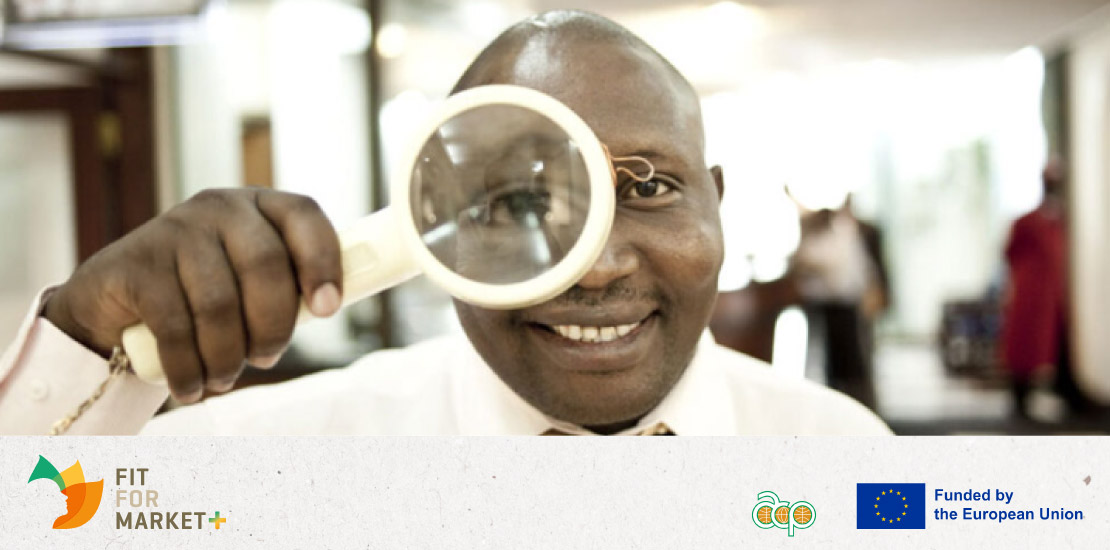 Changes to EU and GB pesticide maximum residue levels COLEAD’s monitoring of pesticide regulations covers maximum residue limit (MRL) changes in both the EU and Great Britain (GB). Note that EU MRLs still apply in Northern Ireland (GB covers only England, Scotland, and Wales). During the period August-November 2024, we have been highlighting significant changes to EU MRLs that affect 23 active substances, 12 of which are important for ACP export horticulture. During this same period, 10 changes to GB… +
Changes to EU and GB pesticide maximum residue levels COLEAD’s monitoring of pesticide regulations covers maximum residue limit (MRL) changes in both the EU and Great Britain (GB). Note that EU MRLs still apply in Northern Ireland (GB covers only England, Scotland, and Wales). During the period August-November 2024, we have been highlighting significant changes to EU MRLs that affect 23 active substances, 12 of which are important for ACP export horticulture. During this same period, 10 changes to GB… +MRLs reduced for two pesticides widely used on fruits and vegetables (oxamyl and indoxacarb)
- 04/01/2024
- Posted by: Gaetan Dermien
- Category: Uncategorized
 There are upcoming reductions to maximum residue levels (MRLs) for two pesticides widely used on fruit and vegetables. Although the official regulations outlining these MRL changes have not yet been published, their final drafts have already received approval through a positive vote during the Standing Committee of 18 – 19 September 2023. Consequently, the publication of these revised regulations is expected to follow in the near future. Oxamyl Oxamyl is an insecticide used mainly on vegetables. Following the non-renewal of… +
There are upcoming reductions to maximum residue levels (MRLs) for two pesticides widely used on fruit and vegetables. Although the official regulations outlining these MRL changes have not yet been published, their final drafts have already received approval through a positive vote during the Standing Committee of 18 – 19 September 2023. Consequently, the publication of these revised regulations is expected to follow in the near future. Oxamyl Oxamyl is an insecticide used mainly on vegetables. Following the non-renewal of… +EU and GB MRL changes in 2023 (July to September)
- 23/10/2023
- Posted by: Gaetan Dermien
- Category: Country
 Changes to EU and GB pesticide maximum residue levels Following the departure of the United Kingdom from the European Union (EU), COLEAD’s monitoring of pesticide regulations now covers maximum residue limit (MRL) changes in both the EU and Great Britain (GB), enabling us to keep COLEAD members and partner-beneficiaries up-to-date. Note that EU MRLs still apply in Northern Ireland (GB covers only England, Scotland and Wales). During the period July-September 2023, we have been highlighting significant changes to EU MRLs… +
Changes to EU and GB pesticide maximum residue levels Following the departure of the United Kingdom from the European Union (EU), COLEAD’s monitoring of pesticide regulations now covers maximum residue limit (MRL) changes in both the EU and Great Britain (GB), enabling us to keep COLEAD members and partner-beneficiaries up-to-date. Note that EU MRLs still apply in Northern Ireland (GB covers only England, Scotland and Wales). During the period July-September 2023, we have been highlighting significant changes to EU MRLs… +Review of EU and GB MRL changes in 2022
- 22/05/2023
- Posted by: Gaetan Dermien
- Category: Corp EN, Country, News
 Key points This news update is a review of changes that were made in 2022.European Union (EU) maximum residue levels (MRLs) were changed for 75 plant protection products (PPPs) in 2022, compared with 123 in 2021. These changes include cases where MRLs for certain foods have been raised or lowered.In Great Britain (GB) maximum residue level (MRL) changes concerned 23 plant protection products (PPPs), of which 13 are considered key for ACP horticulture. Note that EU MRLs still apply in… +
Key points This news update is a review of changes that were made in 2022.European Union (EU) maximum residue levels (MRLs) were changed for 75 plant protection products (PPPs) in 2022, compared with 123 in 2021. These changes include cases where MRLs for certain foods have been raised or lowered.In Great Britain (GB) maximum residue level (MRL) changes concerned 23 plant protection products (PPPs), of which 13 are considered key for ACP horticulture. Note that EU MRLs still apply in… +SENEGAL: Residue-free sweetcorn
- 11/04/2023
- Posted by: Gaetan Dermien
- Category: Corn, News, Senegal
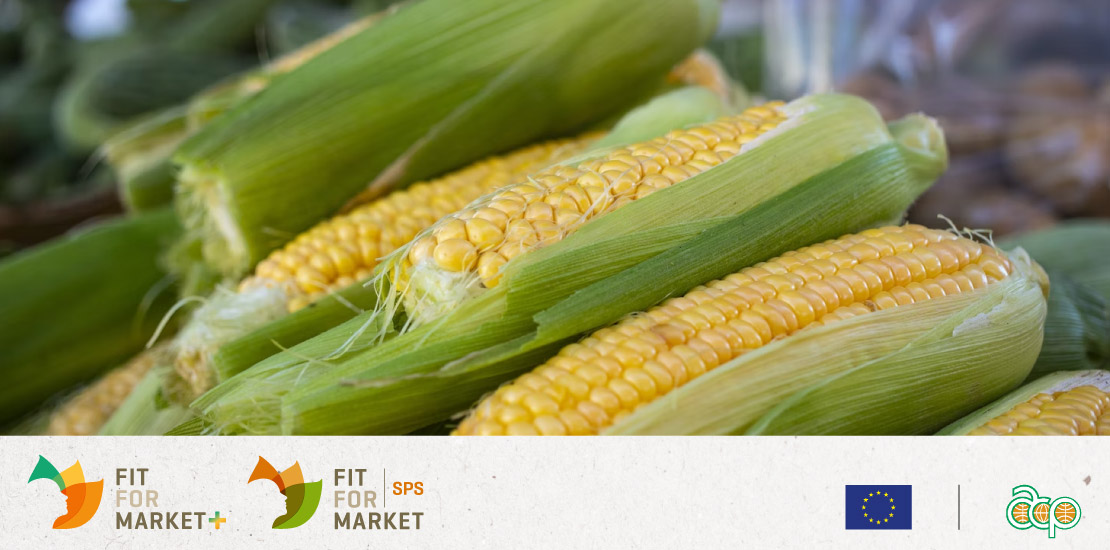 The COLEAD Research and Innovation Brokerage Department is currently working on updating Technical Itineraries or Good Phytosanitary Practices Guides through the FFM SPS and FFM+ programmes, which include information on good agricultural practices (GAPs). These GAPs ensure compliance with European and Codex MRLs, as well as residue-free production. Information on GAPs is integrated into the COLEAD E-GAP database, developed to ensure that producers have access to the necessary information to use PPPs safely and comply with market requirements (EU MRLs… +
The COLEAD Research and Innovation Brokerage Department is currently working on updating Technical Itineraries or Good Phytosanitary Practices Guides through the FFM SPS and FFM+ programmes, which include information on good agricultural practices (GAPs). These GAPs ensure compliance with European and Codex MRLs, as well as residue-free production. Information on GAPs is integrated into the COLEAD E-GAP database, developed to ensure that producers have access to the necessary information to use PPPs safely and comply with market requirements (EU MRLs… +Three new plant protection products are now available for mango in West Africa
- 05/12/2022
- Posted by: Gaetan Dermien
- Category: Burkina Faso, Cape Verde, Chad, Corp EN, Gambia, Guinea, Guinea-Bissau, Mali, Mauritania, Niger, Senegal
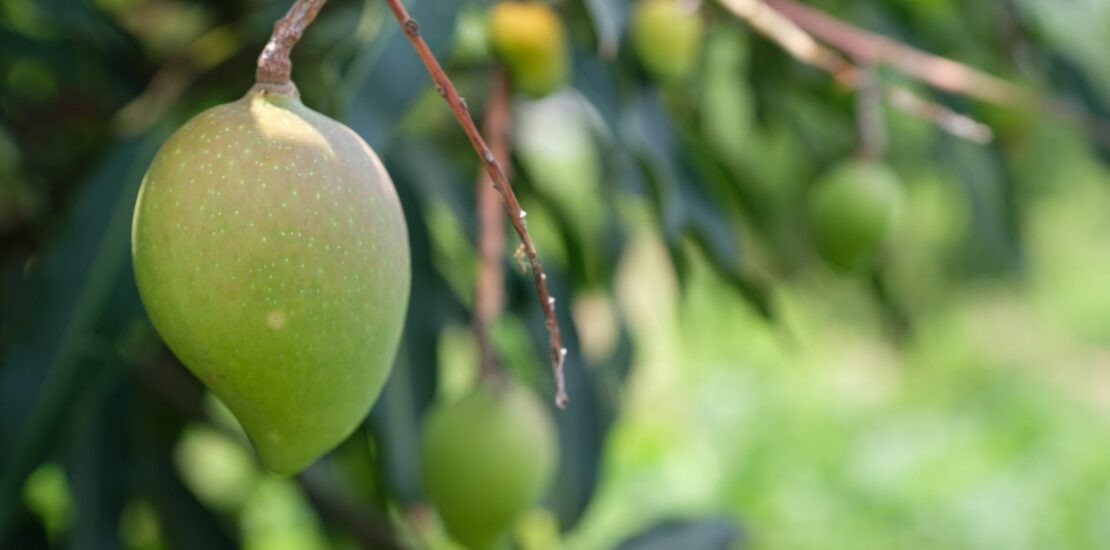 Three new plant protection products (PPPs) have been granted a Provisional Authorization of Sale (APV) with the support of COLEACP’s Fit For Market SPS programme at the 6th Extraordinary Session of the Sahelian Committee for Pesticides (SPC) in October 2022. This means that they will be available to producers for the 2023 season in the nine West African countries covered by the SPC: Burkina Faso, Cape Verde, Chad, Guinea-Bissau, Mali, Mauritania, Niger, Senegal and Gambia. The products are for use… +
Three new plant protection products (PPPs) have been granted a Provisional Authorization of Sale (APV) with the support of COLEACP’s Fit For Market SPS programme at the 6th Extraordinary Session of the Sahelian Committee for Pesticides (SPC) in October 2022. This means that they will be available to producers for the 2023 season in the nine West African countries covered by the SPC: Burkina Faso, Cape Verde, Chad, Guinea-Bissau, Mali, Mauritania, Niger, Senegal and Gambia. The products are for use… +Brexit: GB and EU MRLs diverge
- 13/07/2022
- Posted by: Gaetan Dermien
- Category: ACP EN, News
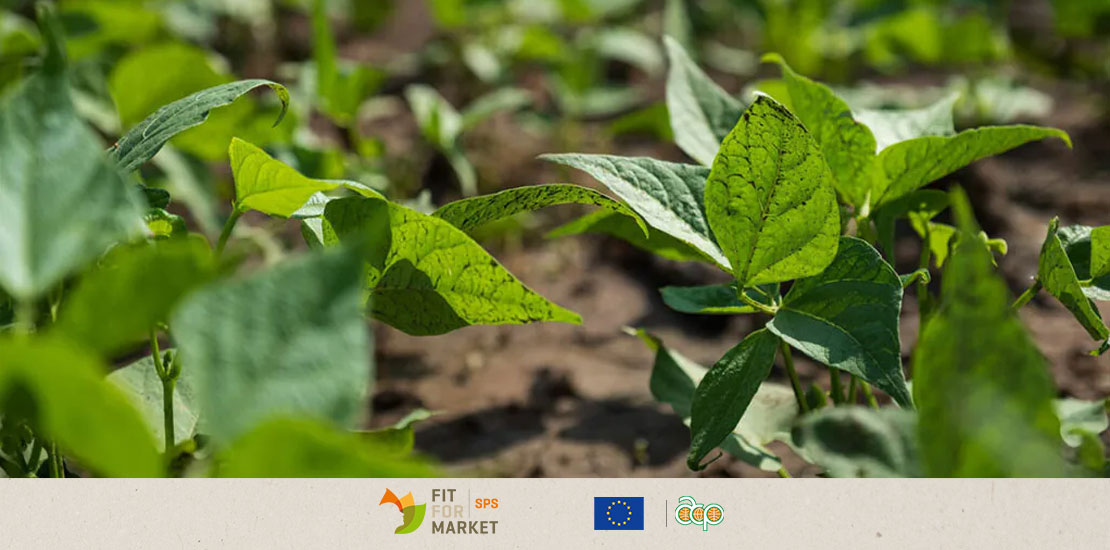 As reported in earlier COLEACP Flash Info emails, following the UK’s departure from the European Union the maximum residue levels (MRLs) for Great Britain (GB) have followed a different review process since January 2021. The UK competent authority has recently reviewed 48 active substances to determine some Codex MRLs that could be adopted as GB MRLs. It is likely that in future EU and GB MRLs will increasingly diverge: EU MRLs can be seen via the EU Pesticides database GB… +
As reported in earlier COLEACP Flash Info emails, following the UK’s departure from the European Union the maximum residue levels (MRLs) for Great Britain (GB) have followed a different review process since January 2021. The UK competent authority has recently reviewed 48 active substances to determine some Codex MRLs that could be adopted as GB MRLs. It is likely that in future EU and GB MRLs will increasingly diverge: EU MRLs can be seen via the EU Pesticides database GB… +Update on EU MRL changes – April 2022
- 12/04/2022
- Posted by: Gaetan Dermien
- Category: ACP EN, News
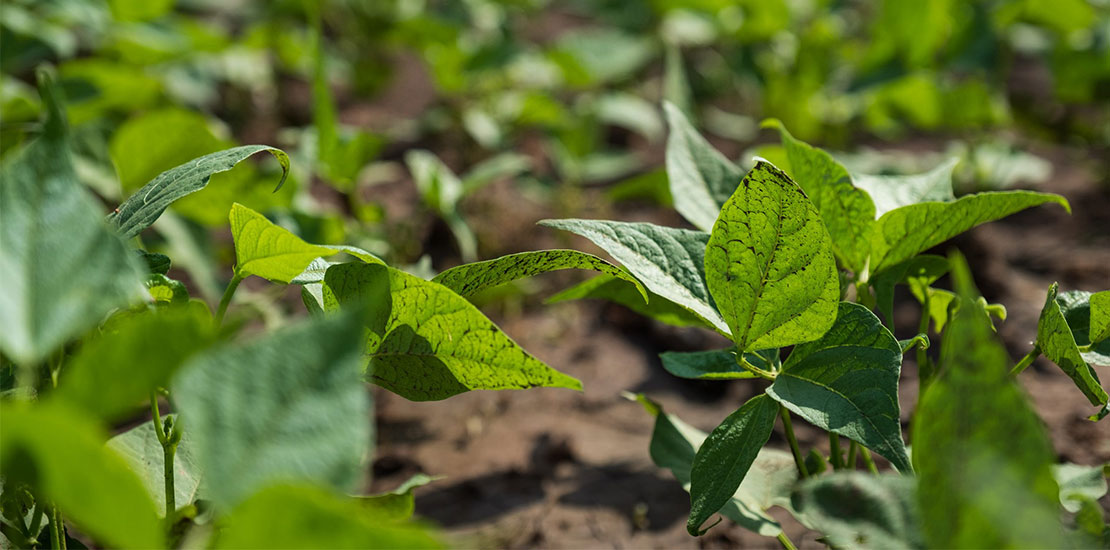 Changes to EU pesticide maximum residue levels Since the start of 2022, we have been highlighting significant changes to EU MRLs that affect 23 active substances, 9 of which are important for ACP export horticulture. The European Commission has also recently notified the World Trade Organization (WTO) of some additional proposed changes involving a further 5 substances, including 1 that is key for ACP horticulture (hexythiazox). How will ACP producers/exporters be affected? Changes to EU Maximum Residue Limits (MRLs) also… +
Changes to EU pesticide maximum residue levels Since the start of 2022, we have been highlighting significant changes to EU MRLs that affect 23 active substances, 9 of which are important for ACP export horticulture. The European Commission has also recently notified the World Trade Organization (WTO) of some additional proposed changes involving a further 5 substances, including 1 that is key for ACP horticulture (hexythiazox). How will ACP producers/exporters be affected? Changes to EU Maximum Residue Limits (MRLs) also… +Uganda: Updated Technical Brochure on false codling moth
- 15/12/2021
- Posted by: Gaetan Dermien
- Category: Capsicum, News, Pepper, Uganda
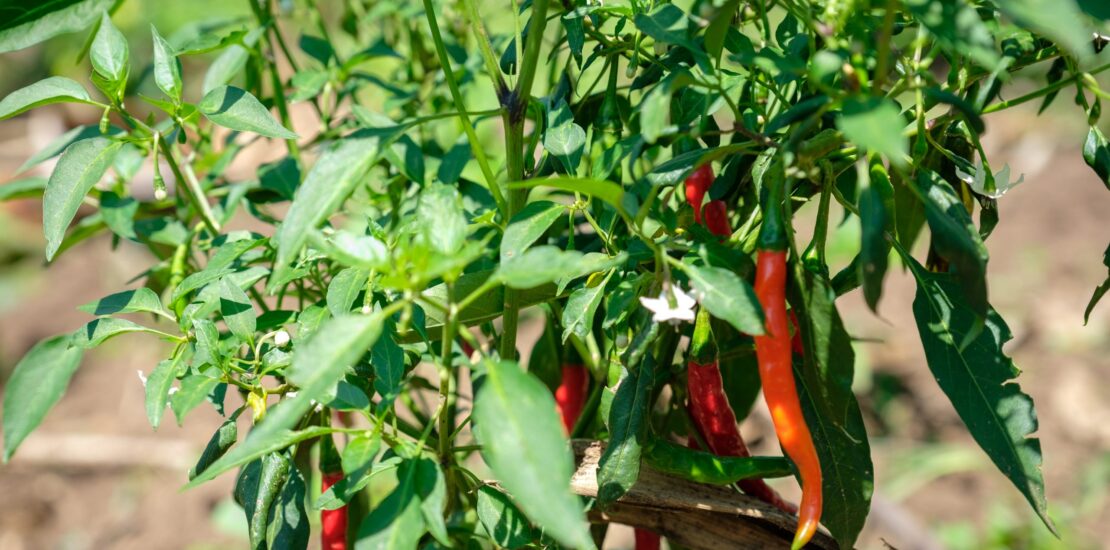 COLEACP has just updated its Technical Brochure on the management of false codling moth (FCM, Thaumatotibia leucotreta), for use in training sessions with Ugandan growers of pepper (Capsicum spp.). The main enhancement is an updated table of plant protection products (PPPs) potentially effective against FCM that are currently registered for use in Uganda (2021). The information includes the active ingredients and concentrations, the Insecticide Resistance Action Committee (IRAC) mode of action classification, the World Health Organization (WHO) classification, and the… +
COLEACP has just updated its Technical Brochure on the management of false codling moth (FCM, Thaumatotibia leucotreta), for use in training sessions with Ugandan growers of pepper (Capsicum spp.). The main enhancement is an updated table of plant protection products (PPPs) potentially effective against FCM that are currently registered for use in Uganda (2021). The information includes the active ingredients and concentrations, the Insecticide Resistance Action Committee (IRAC) mode of action classification, the World Health Organization (WHO) classification, and the… +EU approval not renewed for three key PPPs and other changes notified to WTO
- 07/09/2021
- Posted by: Gaetan Dermien
- Category: Africa, Caribbean, Pacific, Uncategorized
 Key points Alpha-cypermethrin is no longer approved within the European Union (EU) since 7 June 2021. EU approval was not renewed in 2020 and it also expired in 2021 for two other key plant protection products (PPPs): — mancozeb (since 5 January 2021); and — pencycuron (since 31 May 2021). The EU notified the World Trade Organization (WTO) of its intention not to renew three key PPPs: — indoxacarb (notification: 2 August 2021; open for comments until 1 October 2021);… +
Key points Alpha-cypermethrin is no longer approved within the European Union (EU) since 7 June 2021. EU approval was not renewed in 2020 and it also expired in 2021 for two other key plant protection products (PPPs): — mancozeb (since 5 January 2021); and — pencycuron (since 31 May 2021). The EU notified the World Trade Organization (WTO) of its intention not to renew three key PPPs: — indoxacarb (notification: 2 August 2021; open for comments until 1 October 2021);… +
